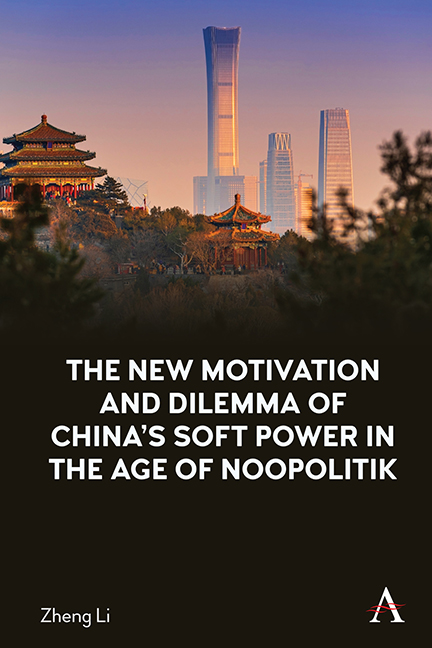Book contents
- Frontmatter
- Contents
- List of Figures and Tables
- List of Abbreviations and Acronyms
- 1 The Anti-Corruption Campaign and the Chinese Dream
- 2 Debating Governance and the Rule of Law: China’s Narrative and Images in Western Countries
- 3 Soft Power and Sharp Power in the Age of Noopolitik
- 4 Methodology
- 5 The Framing of Governance: the China Model and the Chinese Dream
- 6 When ‘House of Cards’ Meets ‘in the Name of People’: Framing China’s Anti-Corruption Campaign
- 7 Discussion and Conclusion
- Notes
- References
- Index
- Frontmatter
- Contents
- List of Figures and Tables
- List of Abbreviations and Acronyms
- 1 The Anti-Corruption Campaign and the Chinese Dream
- 2 Debating Governance and the Rule of Law: China’s Narrative and Images in Western Countries
- 3 Soft Power and Sharp Power in the Age of Noopolitik
- 4 Methodology
- 5 The Framing of Governance: the China Model and the Chinese Dream
- 6 When ‘House of Cards’ Meets ‘in the Name of People’: Framing China’s Anti-Corruption Campaign
- 7 Discussion and Conclusion
- Notes
- References
- Index
Summary
Introduction
This chapter aims to elaborate on the research methodology and selected methods. The chosen methods and methodology should be question-oriented, so the research questions will be reviewed at first. To justify my selection of methodology and methods, I will discuss these questions in relation to the epistemology and theoretical perspective. Further, I will explain the methods for data collection and analysis. In the end, I will introduce the essential information of method operationalization such as the timeframe, media selection, sampling and participant recruitment.
Review of Research Questions
According to Du Plooy (2009), the research methodology decides the nature of data and research questions. Thus, it is necessary to review the research questions so that I can explain how the research questions can be well addressed within the methodology I adopt. As stated in Chapter 3, soft power will not be examined as a capacity but a constitutive relationship. A country's external soft power does not only rely on its soft power promotion but also on overseas audience interpretation. The values and morality that are implied by good governance and the rule of law are generally identical, but the specific institutions or approaches vary considerably among countries, regions and individuals. Therefore, examining China's external soft power in the light of its domestic governance and the rule of law needs to inquire how media and audiences process its projection. The main research questions and subquestions are listed below:
Overall research question: How congruent is the discourse in China and Australia concerning China's governance approach and the rule of law?
Sub-question 1:
How does China view its governance approach and the rule of law?
Sub-question 2:
How does Australia view China's domestic governance and the rule of law?
2.1 How does the Australian media view China's domestic governance and the rule of law?
2.2 How do Australian intermediate elites view China's domestic governance and the rule of law?
Addressing the overall question aims to draw a picture of how soft power is associated with good governance and the rule of law in Chinese and Western discourse. In Chapter 2, by examining the discussion of China's and Western scholars, I have identified the potential congruent and incongruent parts of the two countries’ discourse.
- Type
- Chapter
- Information
- The New Motivation and Dilemma of China's Internal Soft Power in the Age of Noopolitik , pp. 83 - 96Publisher: Anthem PressPrint publication year: 2022



